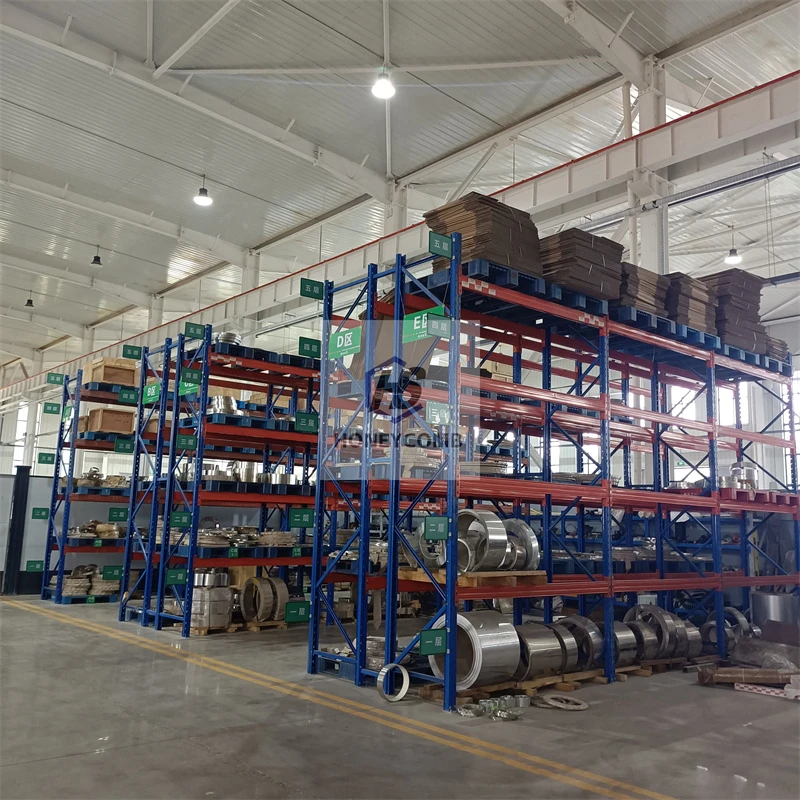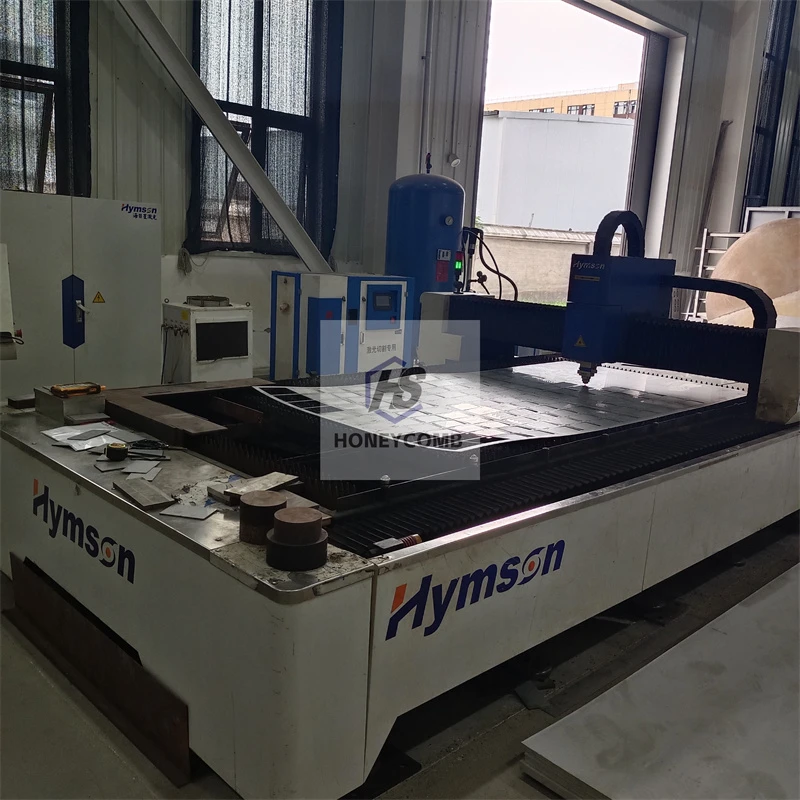
- Afrikaans
- Albanian
- Amharic
- Arabic
- Armenian
- Azerbaijani
- Basque
- Belarusian
- Bengali
- Bosnian
- Bulgarian
- Catalan
- Cebuano
- China
- China (Taiwan)
- Corsican
- Croatian
- Czech
- Danish
- Dutch
- English
- Esperanto
- Estonian
- Finnish
- French
- Frisian
- Galician
- Georgian
- German
- Greek
- Gujarati
- Haitian Creole
- hausa
- hawaiian
- Hebrew
- Hindi
- Miao
- Indonesian
- Italian
- Japanese
- Javanese
- Malay
- Persian
- Portuguese
- Punjabi
- Russian
- Spanish
- Swahili
- Telugu
- Vietnamese

Jan . 19, 2025 23:25
Back to list
panal sellado
Sealed panels have become a pivotal component in various industries, offering both practicality and durability. These panels, commonly used in construction, automotive sectors, and electronics, provide an effective solution to issues related to moisture, dust, and other environmental factors. It's crucial to understand their applications, benefits, and the expertise required to choose the right type for specific needs.
Further, in the realm of electronics, sealed panels become critical in protecting intricate circuitry from dust and moisture. As electronics become more compact and sophisticated, the need for efficient sealing solutions intensifies. This requirement is prevalent in consumer electronics and industrial equipment alike. Choices in materials and seal types can vary significantly, requiring a thorough understanding of environmental factors, working conditions, and material compatibilities to maintain both functionality and longevity. Selecting the right sealed panel involves critical considerations and professional expertise. Users must evaluate factors such as the environmental conditions the panels will face, the potential for chemical exposure, mechanical stress levels, and the expected lifespan of the panel. Consulting with experts who have a deep understanding of materials science and engineering principles is essential. Such professionals can provide guidance on the best practices for installation and maintenance, ensuring that the panels perform as intended and remain reliable over time. Trust in sealed panels also comes from their compliance with industry standards and regulations. Legitimate manufacturers often undergo rigorous testing to certify that their panels meet specific industry benchmarks for quality and performance. It's advisable for buyers to seek products verified by recognized bodies. This certification not only provides reassurance in terms of reliability and effectiveness but also underlines the manufacturer’s dedication to delivering quality solutions. In conclusion, sealed panels play a crucial role across various sectors, bringing together expertise and innovative design to address complex challenges. For businesses and consumers alike, understanding the attributes of these panels results in improved decision-making and investment in solutions that offer long-term benefits. By ensuring that they are acquiring products from reputable sources and consulting with knowledgeable professionals, users can capitalize on the advantages that sealed panels offer, thereby enhancing functionality, efficiency, and reliability in their respective applications.


Further, in the realm of electronics, sealed panels become critical in protecting intricate circuitry from dust and moisture. As electronics become more compact and sophisticated, the need for efficient sealing solutions intensifies. This requirement is prevalent in consumer electronics and industrial equipment alike. Choices in materials and seal types can vary significantly, requiring a thorough understanding of environmental factors, working conditions, and material compatibilities to maintain both functionality and longevity. Selecting the right sealed panel involves critical considerations and professional expertise. Users must evaluate factors such as the environmental conditions the panels will face, the potential for chemical exposure, mechanical stress levels, and the expected lifespan of the panel. Consulting with experts who have a deep understanding of materials science and engineering principles is essential. Such professionals can provide guidance on the best practices for installation and maintenance, ensuring that the panels perform as intended and remain reliable over time. Trust in sealed panels also comes from their compliance with industry standards and regulations. Legitimate manufacturers often undergo rigorous testing to certify that their panels meet specific industry benchmarks for quality and performance. It's advisable for buyers to seek products verified by recognized bodies. This certification not only provides reassurance in terms of reliability and effectiveness but also underlines the manufacturer’s dedication to delivering quality solutions. In conclusion, sealed panels play a crucial role across various sectors, bringing together expertise and innovative design to address complex challenges. For businesses and consumers alike, understanding the attributes of these panels results in improved decision-making and investment in solutions that offer long-term benefits. By ensuring that they are acquiring products from reputable sources and consulting with knowledgeable professionals, users can capitalize on the advantages that sealed panels offer, thereby enhancing functionality, efficiency, and reliability in their respective applications.
Prev:
Products categories
Latest news
-
Why Vented Aluminum Honeycomb Is Leading the Way in Shielding and Ventilation SolutionsNewsJul.18,2025
-
Why Stainless Steel Honeycomb Panel is the Ultimate Choice for High-Tech Shielding and ProtectionNewsJul.18,2025
-
Why Honeycomb Strips Are Revolutionizing High-Speed Sealing SolutionsNewsJul.18,2025
-
Shielded Glass Innovation Powers the Future of Electromagnetic ProtectionNewsJul.18,2025
-
Precision Starts Here: Revolutionizing Airflow Control with Honeycomb Wind Tunnel SolutionsNewsJul.18,2025
-
Elevate Industrial Performance with Precision-Engineered Steel Honeycomb Core SolutionsNewsJul.18,2025
-
Vented Aluminum Honeycomb: A Smart Shield for Airflow and EMI ControlNewsJul.11,2025















